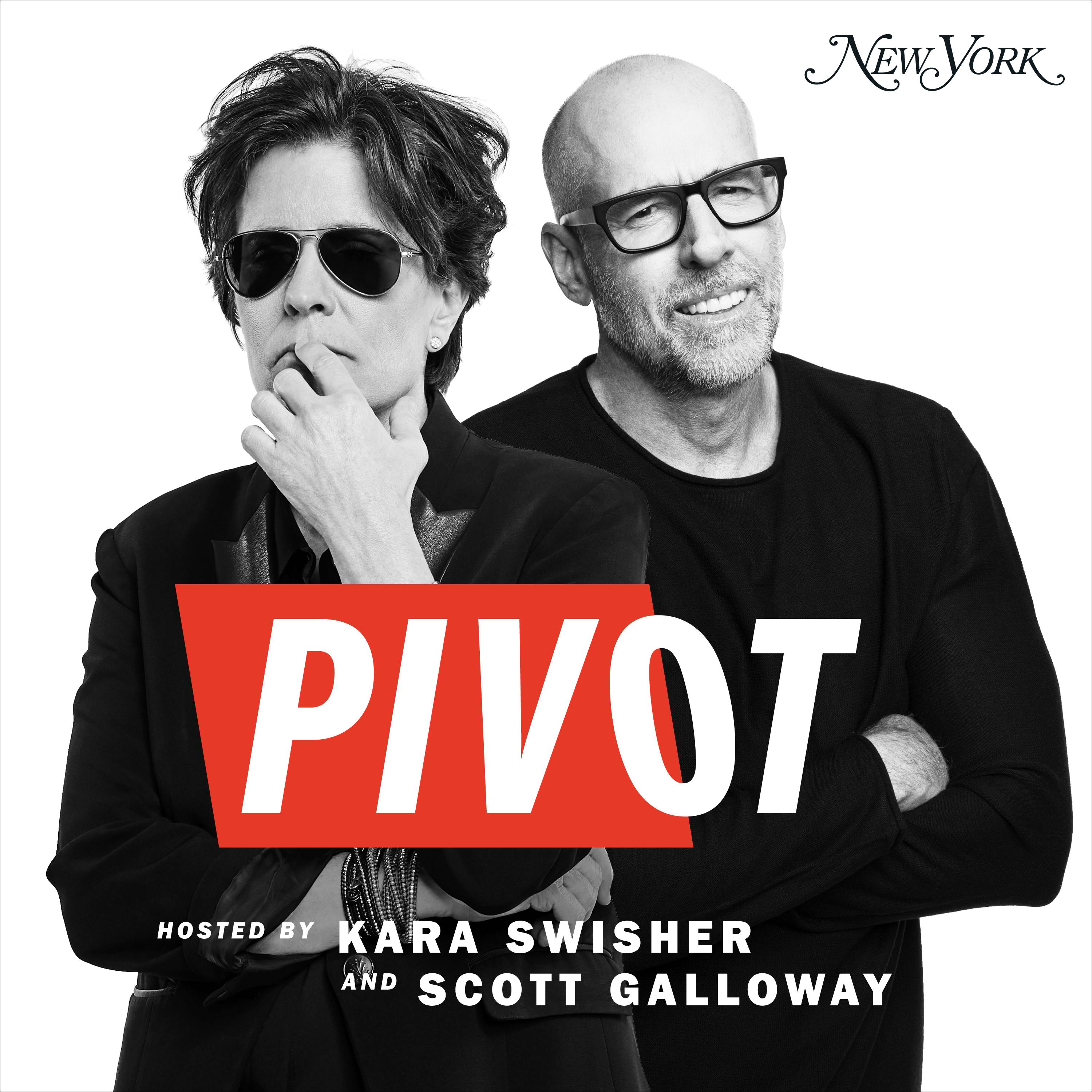PortalsOS
Related Posts
Vote to see vote counts

China's industrial policy includes subsidizing capex and energy, creating an uneven playing field for U.S. companies.
China's economic policies, including subsidizing capex and energy, create an uneven playing field for U.S. companies.

The U.S. should focus on maximizing exports and American influence globally, especially in AI technology.

Premier Ford suggests cutting off energy exports to the United States to make them feel economic pain and force a more favorable trade deal.

The narrative of multinational corporations posing as U.S. companies is misleading. They claim to be American by being based in the U.S., but their ownership and executive teams are global. This raises the question: How does this help the average American?

The strategic interests of the U.S. in the Gulf region are important for maintaining alliances and geopolitical stability.

The narrative around Standard Oil's monopoly often overlooks that it never raised prices. Instead, it was a natural monopoly due to its efficient processing methods, and its breakup was more about regulatory capture than consumer protection.

China's industrial policy includes subsidizing capex and energy, creating an unfair playing field for U.S. companies.

The administration's acquisition of stakes in American companies is a strategy to generate revenue amid national debt.

China's government heavily subsidizes its electric vehicle industry, allowing companies like BYD to sell cars at lower prices globally. This poses a challenge to American competitiveness.